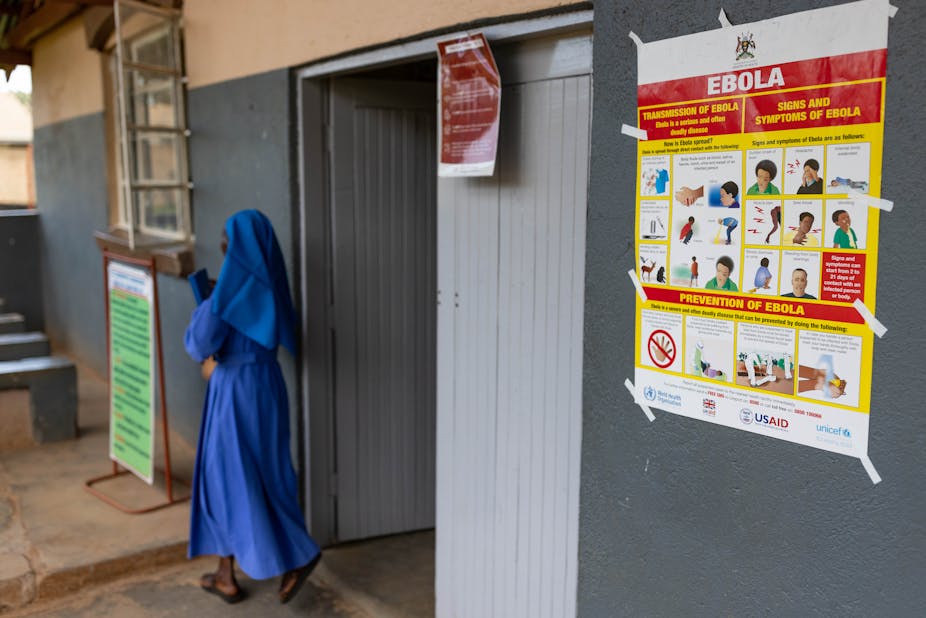LAHORE: Dr Paikiasothy Saravanamuttu, a human rights activist from Sri Lanka, says the centre of the world is shifting from Europe and North America to the East and the competition between China and India is going to be very important in the future.
He said India had been a longstanding democracy while China was a totalitarian and authoritarian state that had just given its president another term in office.
“What is the future going to be in terms of this competition? Whether India is going to be an example of liberalism, democracy and tolerance or China is going to be more prominent in terms of authoritarianism or whether they would be going to be more like each other, meaning India will become more authoritarianism while China is going to be more democratic?.”
Saravanamuttu was speaking at the Asma Jahangir Conference in a session, titled “Democracy and human rights in south asian: current challenges and future opportunities”. He said a certain level of democracy and human rights should be maintained in our societies. He termed democracy and human rights integral to each other and we could not have democracy without human rights and vice versa.
“Most of our societies have been organised around the principle of diversity because at the end of the day the society is made up of various peoples. Now the majoritarianism is trying to come up with one country, one law argument, which obliterates the notion of diversity. One country, one law may appeal to some people is a way in which majoritarianism asserts itself,” Mr Saravanamuttu said.
Rita Manchanda, Indian human rights activist, said, “The world is changing and there is realignment and confusion at the global level. Indian foreign minister S. Jaishankar last week used a phrase that what is happening between India and China makes it all the more important that we engage with our peripheries. Periphery is a pejorative and imperial term used by the British.”
She wondered what the minister meant by periphery, whether he meant Pakistan, Sri Lanka, Nepal or Bhutan or Afghanistan.
Ms Manchanda said India was important in the region due to its land mass and resources and it had certain responsibilities. However, many in Nepal and even in Sri Lanka consider India responsible for their problems.
“There is a situation of great flux (in the world). In the foreign offices of our countries, some rethinking is going on. South Asia has become extremely important for the international community.” She termed India among the ascendant powers which need engagements with their neighbours to secure geopolitical interests. She underlined the importance of more engagement of civil society in South Asian countries.
Sushil Raj Pyakurel, the former commissioner of the Human Rights Commission of Nepal, said India and Nepal had open borders and peoples of both the countries were very close to each other. When Zulfikar Ali Bhutto was arrested during the Gen Zia regime, he was a journalist and he had entered Pakistan through Wagah border by crossing India but now he had to go to Dubai to take a flight to Pakistan. He took a seven-hour flight which should have taken three hours. “We used to have a direct flight from Kathmandu to Karachi but later India put restrictions.” Mr Sushil stressed more people-to-people contacts.
Published in Dawn, October 24th, 2022







